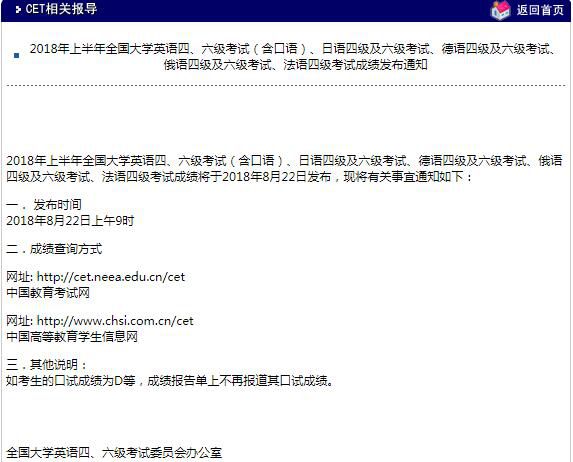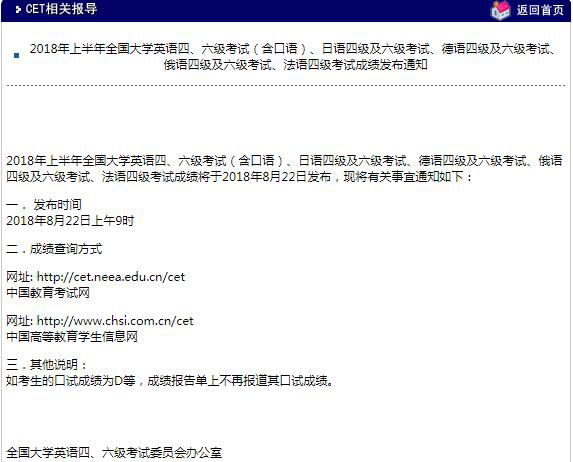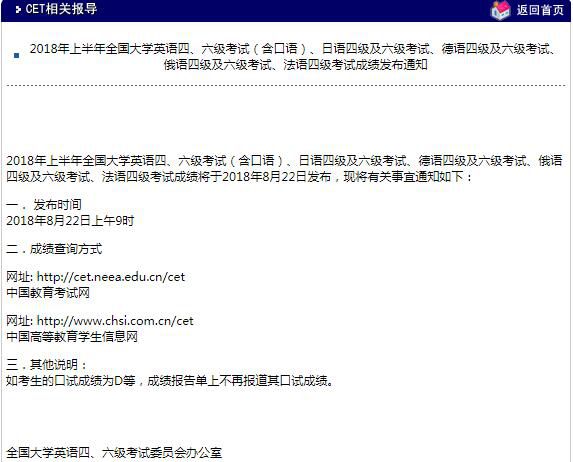GMAT新黄金80题及范文(三)a
|
33. “People are likely to accept as a leader only someone who has demonstrated an ability to perform the same tasks that he or she expects others to perform.” Discuss the extent to which you agree or disagree with the opinion stated above. Support your views with reasons and/or examples from your own experience, observations, or reading. “人们只愿意接受这样的领导:他能完成他要求其他人完成的任务。” 1. 人们不会尊重一个不能完成他要求别人完成的任务自己却不能完成的领导。这是人之常情,人们通常都只会欣赏和尊敬比自己优秀的人,而不喜欢被一个不能完成任务却命令自己去做的人心存敬意。例如克林顿总统当commander-in-chief 的时候,由于众所周知他曾经逃避兵役,很自然的下级军官和士兵都不是很尊重他。 2. 人们不信任一个自己完不成任务却要求别人去完成的人。仍然举克林顿总统的例子。由于他逃兵役被视为没有能力,下级都对他的决策心存怀疑,这也就潜在的导致了执行上的不尽心不尽力。 3. 诚然是否能完成自己交给别人的任务并不是衡量一个leader重要指标。可能领导能力、,组织能力、运筹能力更为重要,但是我们不能忽视人们心理上的看法,尽管它可能并不合理但它确实是存在的。 normal human feelings admire adore respect superior to evade escape military service subordinate soldier be doubtful of be suspicious of execution implement admittedly true potentially evaluate index leadership psychological psychology psychologic psychologist exist subsist ...in ... serves as a fitting and public example 1. 诚然,如果在其领导的领域内几乎一窍不通,一个领导很难得到下属的信任和支持,会被看作layperson. 比如,人们无法想象一个不具备任何电脑知识的人,该如何领导一个庞大的IT企业,比如MICROSOFT在激烈的市场中竞争。 2. 但是,这是否意味着作为领导,必须要有能力完成每一项他要求下属做的事呢?这个问题,与领导和员工的真正作用有很大关系!首先,领导的职责是制定长期的发展方针,并且保证这个方针的贯彻执行,adhere to their strategic plans不被偏离。组织员工共同合作完成任务。on the other hand, 员工的作用是各司其职,更加具体的specific task. 3. 从以上两种职责不难看出,领导与员工起到significantly different functions,让领导完成每一个subordinate要做的工作,unfair的。比如,不能blame a CEO for lacking the skills of typing。要对下属做的事有很好的了解,但不一定都要做。否则,领导就失去了意义,成为了一个全能的工人。omnipotent worker with all kinds of skills. View1: It is human nature to admire then follow someone who is more competent than themselves. View2: But a feature of a good leader is to organize people with different specialities together and let them perform as a whole. It is too ideal to expect the leaders to have all the specialities of his subordinates. People are more likely to accept the leadership of those who have shown they can perform the same tasks they require of others. My reasons for this view involve the notions of respect and trust. It is difficult for people to fully respect a leader who cannot, or will not, do what he or she asks of others. President Clinton’s difficulty in his role as Commander-in-Chief (n. 总司令) serves as a fitting and very public example. When Clinton assumed this leadership position, it was well known that he had evaded military service during the Vietnam conflict. Military leaders and lower-level personnel alike made it clear that they did not respect his leadership as a result. Contrast the Clinton case with that of a business leader such as John Chambers, CEO of Cisco Systems, who by way of his training and experience as a computer engineer earned the respect of his employees. It is likewise difficult to trust leaders who do not have experience in the areas under their leadership. The Clinton example illustrates this point as well. Because President Clinton lacked military experience, people in the armed forces found it difficult to trust that his policies would reflect any understanding of their interests or needs. And when put to the test, he undermined their trust to an even greater extent with his naive and largely bungled attempt to solve the problem of gays (<美俚> 同性恋者, 尤指男性同性者) in the military. In stark contrast, President Dwight Eisenhower inspired nearly devotional trust as well as respect because of his role as a military hero in World War II. In conclusion, it will always be difficult for people to accept leaders who lack demonstrated ability in the areas under their leadership. Initially, such leaders will be regarded as outsiders, and treated accordingly. Moreover, some may never achieve the insider status that inspires respect and trust from those they hope to lead. |








